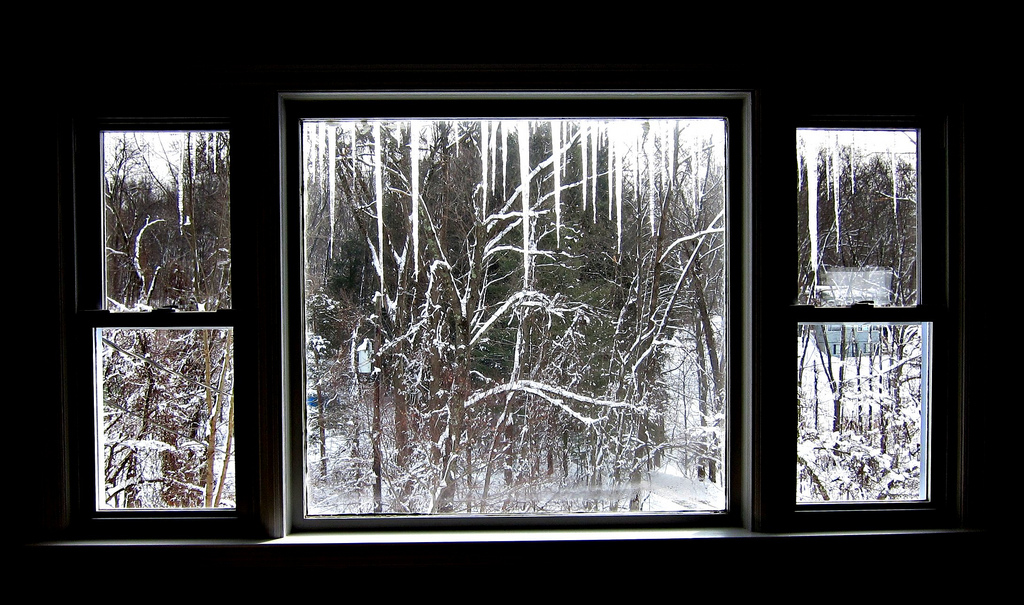Translation Challenge: Snow and Ice in Psalm 147
With much of the U.S. buried under snow and ice (myself included), I thought I’d turn to the end of Psalm 147.
The NRSV translates Psalm 147:15-18 as follows:[15] He sends out his command to the earth; his word runs swiftly. [16] He gives snow like wool; he scatters frost like ashes. [17] He hurls down hail like crumbs — who can stand before his cold? [18] He sends out his word, and melts them; he makes his wind blow, and the waters flow.
While that translation captures the general meaning of the text, it misses the beautiful word plays and poetry of the original.
Verse 16 is particularly poetic, so we start there. Here’s a word by word translation, with some of the Hebrew words:
He gives snow like wool [katzemer]; frost [k’for] like ash [ka’efer] he scatters [y’fazer].
I no longer actively write this blog, but you can find me at Ancient Wisdom, Modern Lives
Subscribe Now I'd love to see you there!
And here’s the same thing with some capital letters and color highlighting to illustrate the assonance.
He gives snow like wool [KatzemeR]; frost [K‘FoR] like ash [Ka’eFeR] he scatters [y’FazeR].
In particular, notice the progression from K’FoR (“frost”) to Ka’eFeR (“like dust”) in the middle of the verse:
Translation Challenge #1: Can you think of a way of preserving the triple similarity of sounds in k’for and ka’efer? What about the double similarities in the other words?
Now that you know the kinds of things to look for, here’s Verse 15:
He sends out [ha-sholei’ach] his command [imrato] to the earth [aretz]; swiftly [ad-m’heira] runs [yarutz] his word [d’varo].
This time, we see iMRato in the first half of the verse followed by M’heiRa in the second, and eReTZ followed by yaRuTZ.
Similarly, in Verse 17:
He hurls down hail [KaR’chO] like crumbs — who can stand before his cold [KaRatO]?
Translation Challenge #2: Can you think of a way of preserving these sound repetitions?
In addition to the sound repetition, we find a repeating theme. Here are the first words of each of these four lines:
15: ha-sholei’ach (“He sends” — or “the one who sends”)
16: ha-notein (“He gives” — or “the who who gives”)
17: mashlich (“He hurls” — or “hurling”)
18: yishlach (“He sends” — or “he will send”)
Three of these — in Verses 15, 16, and 18 — come from the same or a similar-sopunding three-letter root in Hebrew: Sh.L.Ch. (The final sound is similar but different, a fact that my transliteration scheme hides.) So all three are related in much the way that “writ” “writing” and “writer” are in English. But none of the four is the same word.
Translation Challenge #3: Can you think of a translation that preserves the way these four lines begin?
As you work on these four lines, notice too the chiasm: The first line refers to God’s command and word, while the second follows up with snow and frost. Then the third and fourth lines repeat the pattern in reverse order. The third line refers to ice and cold, while the fourth returns to God’s word, augmenting it with wind.
So, Translation Challenge #4: Can you translate all four lines?
Bible Bible translation blizzard of 2011 Psalm 147 translation







5 Responses
>>>With much of the U.S. buried under snow and ice (myself included), I thought I’d turn to the end of Psalm 147…
I must say that while the US has done a good job of keeping our country operational during severe weather, lately the weather seems to really be shutting stuff down. Definitely a good time to keep cocoa on hand!
I don’t see an obvious way to capture the poetry.
CHALLENGE 1
k’for / katzemer / ka’efer / katzemer — like frost / like fleece / like fire-ash /
CHALLENGE 2
imrato / m’heira — his speaking [speech] / speed[il]y
CHALLENGE 3
ha-sholeach / ha-notein / mashlich / yishlach — he sends / he gives / sends to scatter / will send down
CHALLENGE 4
He sends his speech to the earth; his word runs speedily.
He gives snow like fleece; sends frost to scatter like fire-ash,
Will send down ice-chips: hail — who stands before his chill?
Sends out his speech, and melts them: his wind blows, waters flow.
Kate, i think that’s really good.
To be fair to the NRSV, I do see some poetic technique (assonance and consonance) in “hurls down hail” and especially in “he makes his Wind bLOW and Waters fLOW”.
משליך mashlikh (ShLK) in 17 is a different root than השולח hasholeiaḥ in 15 and ישלח yishlaḥ in 18 (ShLḤ)
Steg,
Thanks for pointing this out! When I was composing this post, I debated where to include the explanation about the root letters, and where to explain: (a) that chet and chaf are similar but different; (b) that they used to be less similar than they are now; and (c) that the roots have significant overlap in their meaning.
In my search for a good place to put the information without interrupting the flow of the main discussion, I apparently left it out altogether.
I’ve added a bit more information now.
Again, thanks.